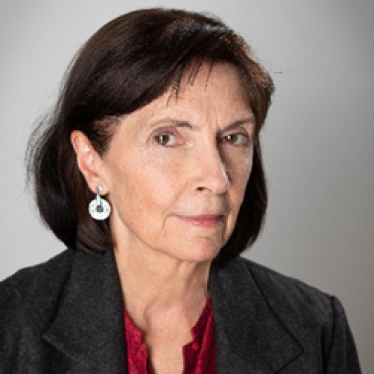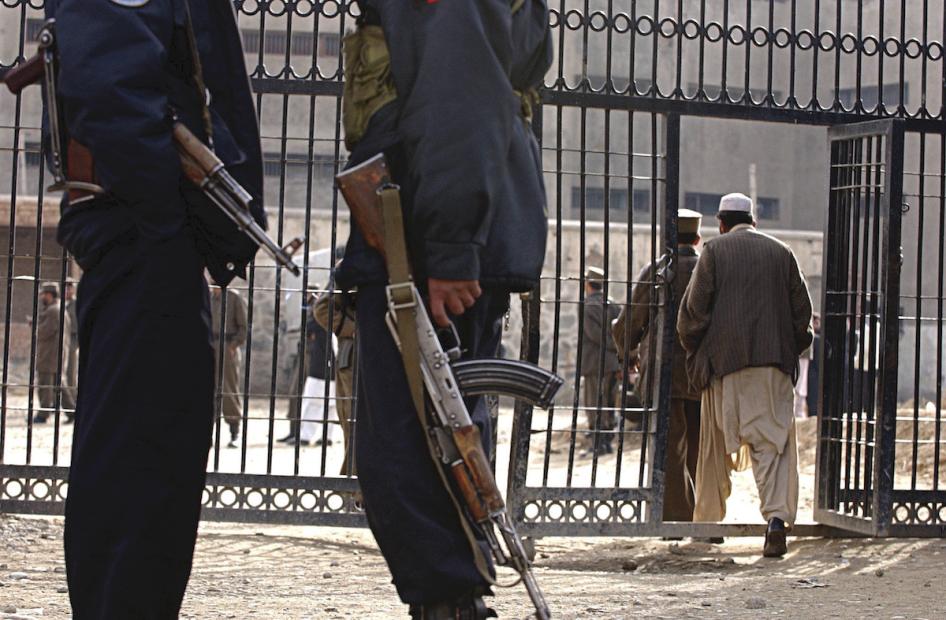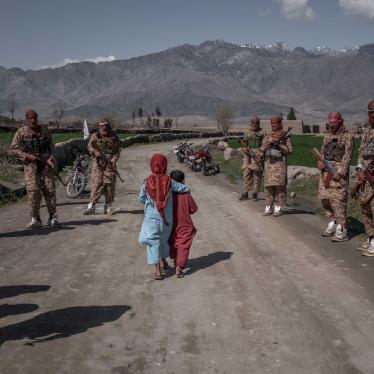A bitter dispute over roughly 400 prisoners the Taliban say should be released before the start of inter-Afghan peace negotiations has highlighted fundamental problems in the Afghan justice system and amplified fears that the peace process will not challenge longstanding impunity.
Since 2002, successive Afghan governments have ignored calls for accountability for serious abuses and instead promoted individuals implicated in war crimes, adopted a blanket amnesty law, and tried to forestall an International Criminal Court investigation. Although Afghanistan incorporated war crimes and crimes against humanity into its 2017 penal code, it has carried out few investigations of war crimes.
This failure has created a major problem for potential prisoner releases. Officials trying to ascertain whether imprisoned Taliban members have committed war crimes won’t get any guidance from the vague charges under which many are held.
Although some may be implicated in serious war crimes, including in the suicide bombings that have killed and injured thousands of civilians, the Afghan government has also imprisoned many under overly broad terrorism laws that provide for indefinite preventive detention. Secret trials and torture to coerce confessions may make it impossible to determine which prisoners actually committed serious crimes.
President Ashraf Ghani’s government is now staging a Loya Jirga, a public assembly, to determine what should be done with these prisoners – and provide himself some political cover for their release. The United States government, driven by the US election timetable, is pushing hard to finish the prisoner exchange and get the negotiations started. But as the Afghanistan Independent Human Rights Commission has noted, the priorities should be the rights of victims for justice, and due process rights of those in detention.
Groups representing victims of war crimes and other abuses should participate in the Loya Jirga and intra-Afghan talks. The European Union and other concerned countries should support their participation so that prisoner releases are not just a confidence-building measure but part of a process that provides genuine accountability.
International humanitarian law encourages broad amnesties at the end of hostilities – except for those responsible for war crimes. But neither blanket releases for alleged war criminals nor prolonged imprisonment on dubious charges will bring Afghanistan closer to justice.
|
Dispatches
Afghanistan Prisoner Dilemma Sidelines Justice
Dispute Over Releases Highlights Need to Hear from Victims
Your tax deductible gift can help stop human rights violations and save lives around the world.
Region / Country
Most Viewed
-
December 11, 2025
Russia’s Systematic Torture of Ukrainian POWs

-
March 31, 2022
Iran: Women Blocked From Entering Stadium

-
December 15, 2025
DR Congo: Fall of Eastern City Puts Civilians at Risk

-
December 15, 2025
Another Blow to Media Freedom in Ethiopia

-
November 12, 2018
“Shall I Feed My Daughter, or Educate Her?”






